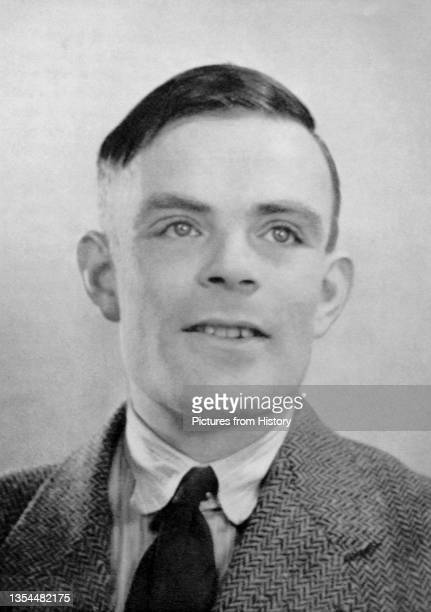Alan Mathison Turing was an English mathematician, computer scientist, logician, cryptanalyst, philosopher, and theoretical biologist. Born in Maida Vale, London, Turing was raised in southern England. He graduated from King’s College, Cambridge, with a degree in mathematics.
Advertisement
Turing was highly influential in the development of theoretical computer science, providing a formalisation of the concepts of algorithm and computation with the Turing machine, which can be considered a model of a general-purpose computer. He is widely considered to be the father of theoretical computer science and artificial intelligence.
Turing has an extensive legacy with statues of him and many things named after him, including an annual award for computer science innovations. He appears on the current Bank of England £50 note, which was released on 23 June 2021, to coincide with his birthday. A 2019 BBC series, as voted by the audience, named him the greatest person of the 20th century.
Advertisement

Did Alan Turing actually invent the computer?
Not precisely. Many people contributed to the invention of the computer. Often considered the father of modern computer science, Alan Turing was famous for his work developing the first modern computers, decoding the encryption of German Enigma machines during the second world war, and detailing a procedure known as the Turing Test, forming the basis for artificial intelligence.
Charles Babbage, an English mathematician and inventor is credited with having conceived the first automatic digital computer.22

Leave a Reply